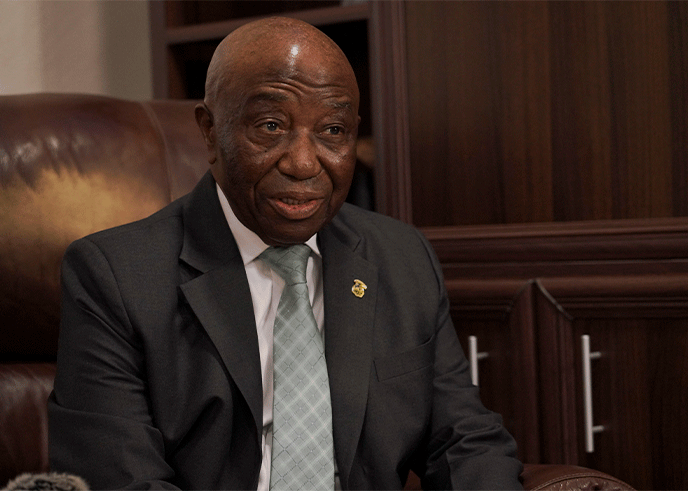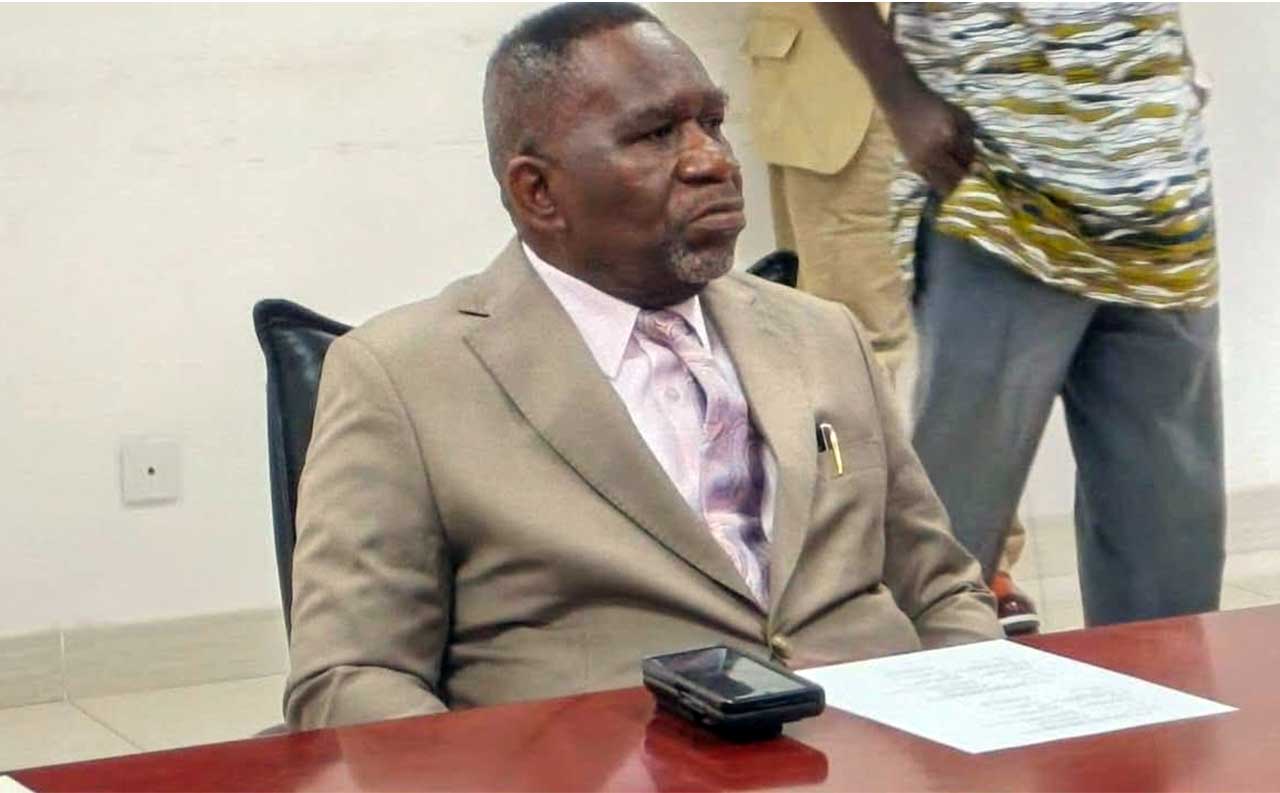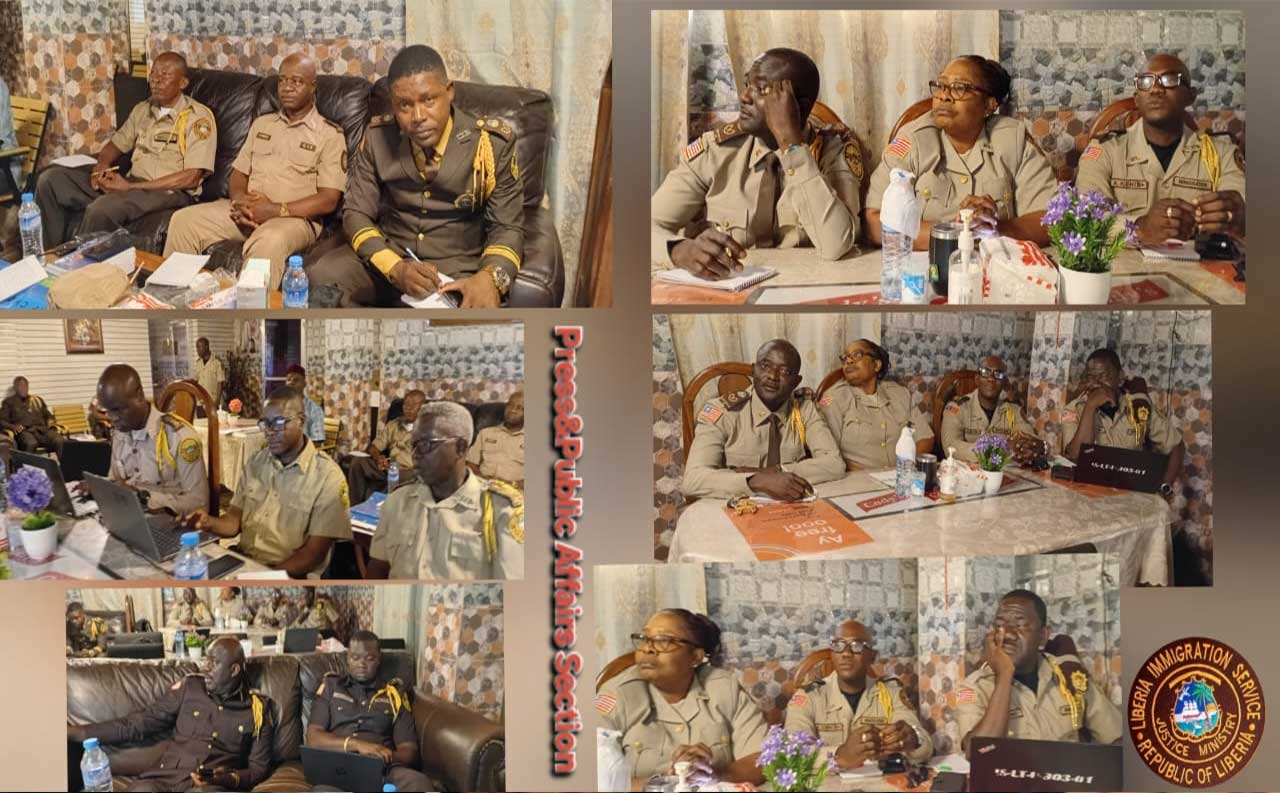A four-day brainstorming cabinet retreat is underway at the Ellen Johnson-Sirleaf Ministerial Complex in Congo Town with a call by President Joseph Nyuma Boakai for his officials to address the economic and social challenges confronting Liberia.
President Boakai told his cabinet at the opening of retreat on Thursday, 23 May 2024 “Today, I remind you of the challenge I made to you during your commissioning. It is no longer business as usual. This is a demand for hard work, dedication, and unwavering commitment to the development of our beloved country.”
The President believes that if his administration must deliver on its promises, things must be done differently with a renewed sense of patriotism and determination. “We must take this moment as talented members of a team to engage in thoughtful, constructive, and open conversation,” Boakai stressed.
He noted that it is no secret that the fate of a nation lies in the hands of its leaders; adding “I want you to always remember that it is up to us, the officials, to pave the way for a brighter future for our citizens.”
The retreat comes against a background that last year marked twenty years since the Accra Declaration was signed bringing the Liberian Civil War to an end and setting the stage for a new nation-building process. Since then, much progress has been made, including in electoral democracy, peace and stability, and the economy.
Despite these achievements, the country still faces significant challenges, including poor service delivery, lack of accountability, broken rule of law, and infrastructure. To address these challenges, the new administration has embarked on the goal of leading Liberia on a path of transformative socio-economic development through improvement in Agriculture, Roads, Rule of Law, Education, Sanitation and Tourism, or ARREST Agenda.
However, past evaluations indicate fragmented efforts and siloed operations, highlighting the need to produce a more integrated national development plan that demands effective coordination among various government agencies and robust performance management systems. It is in this light that the goal or purpose of the retreat lies.
Delivering his opening message, the Liberian leader urged ministers and directors to set high standards for themselves and advance the cause to change the country for good.
‘We must be willing to push ourselves beyond our limits, think outside the box, and implement bold and innovative solutions to the problems that plague our society,” Boakai maintained.
The President pointed out that while it is a privilege to serve, the responsibility that comes with service must always be a reminder of the crucial duty to perform and deliver on the priorities set to improve the livelihood of the people and promote the common good.
Held under the theme “Coordination and Performance: Delivering on National Agenda Priorities,” Boakai said it underpins a pivotal moment of shift, following the first 100 days of office.
He explained that the agenda set for the first three and half months in office, was an effort to collectively make bold decisions, take some concrete action steps, and dedicate government officials to the tasks that will help meet the government developmental goals and lead to progress and prosperity.
Boakai narrated that in the globalized world and the age of technological advancement, Liberia must be seen competing and not to be satisfied as a nation at the mercy of others or be relegated to the lowest rungs of the development ladder.
The retreat aims to facilitate high-level discussions that will foster inter-departmental coordination and communication, and enhance performance among various government institutions and policymakers in Liberia.
The specific objectives of the retreat is to reinforce the President’s agenda, begin the conversation on the formulation of the new National Development Plan, promote cohesion and coordination and enhance progress in the Government, among others.
The retreat will end on Sunday, May 26, 2024 with the expected outcomes, which include: a developed process to facilitate intra-government coordination across the administration; internal and sectoral, an endorsed “one government one communication” framework, an endorsed national development plan roadmap, an approved performance management compliance system for ministries, agencies, commissions, and state-owned enterprises and a sanctioned team-building mechanism.



